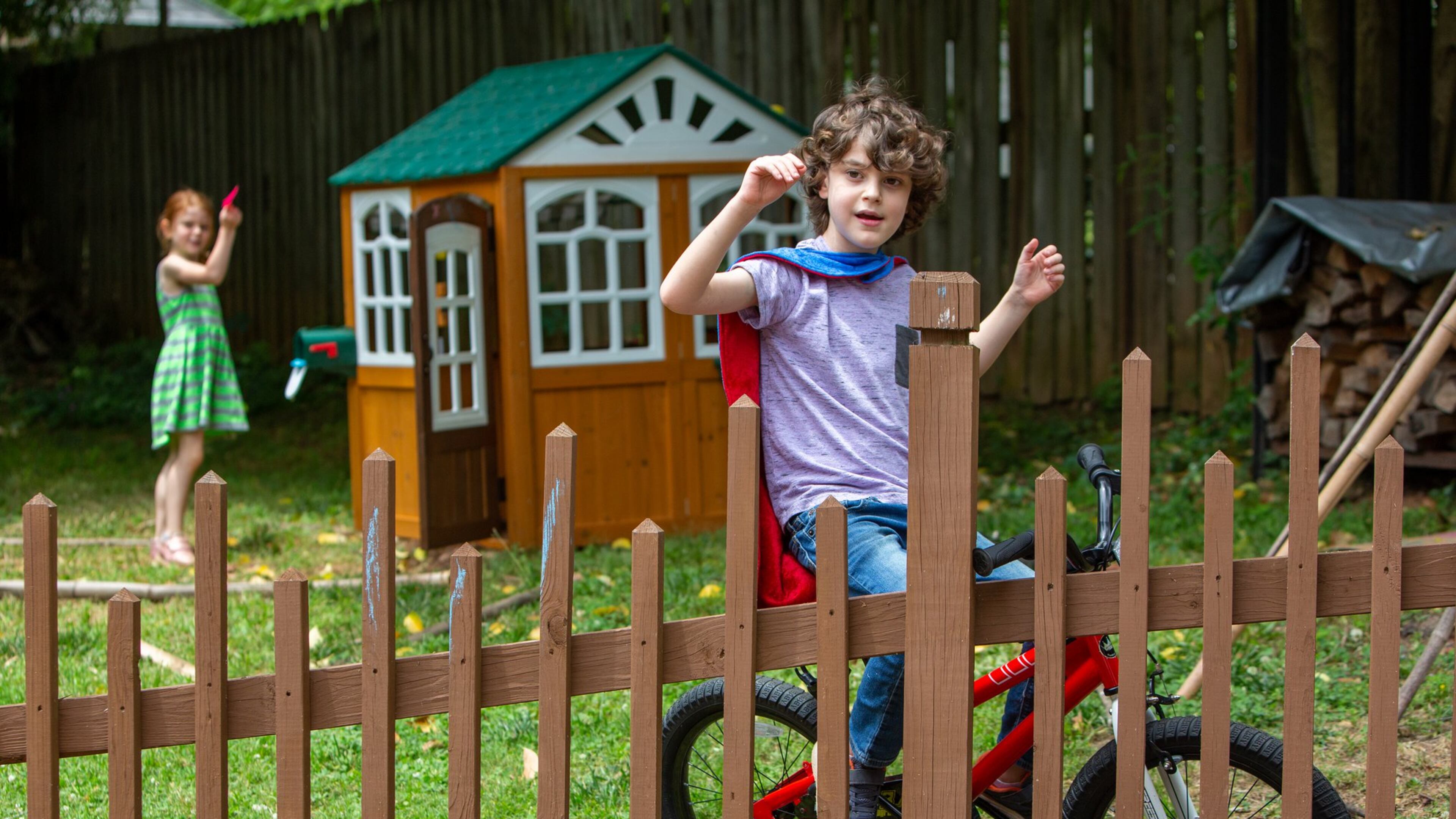Nonprofit aims to make new hearts last

Patrick and Madelyn Gahan are on a mission to make pediatric heart transplants last for many years, possibly even a lifetime.
In 2013, the Marietta couple co-founded Enduring Hearts, the nation’s only nonprofit dedicated to funding innovative and potentially life-altering research on transplanted hearts, such as the one beating in their 10-year-old daughter, Mya.
To date, Enduring Hearts has raised more than $5 million. But the long-term goal is $100 million and a breakthrough extending the average life of a pediatric heart transplant well beyond the current 17 years.
“We want these hearts to endure,” said Dr. David Mathews, an immunology research fellow at Emory University’s School of Medicine, a scientific reviewer for Enduring Hearts, and a member of the nonprofit’s scientific advisory board. “The goal is for [pediatric transplant recipients] to live a normal, complete life — with the average life expectancy of their peers, around 75 or so.”
Currently, transplants are considered more of a treatment than a cure for a child’s congenital heart problems. Each transplant requires chronic immunosuppression drugs and comes with high risks of rejection, cancer, infection and other complications.
One in four transplant recipients will need another heart within five years, according to the International Society for Heart and Lung Transplants.
Hearts were only lasting about 12 years when the Gahans were thrust into the transplant world in 2012.
They were on a family trip to Disney World when Mya, then about 15 months old, displayed symptoms of an asthma attack. Doctors discovered she had a very enlarged heart and diagnosed her with dilated cardiomyopathy. A heart transplant was performed on Mya when she was 3.
“We decided something needed to be done [to extend the life of the hearts],” Madelyn Gahan said. “We also knew that while there are many charities that provide financial assistance to transplant families, no charities exist that fund research to increase the longevity of transplants. Thus, the beginning of Enduring Hearts.”
Today, Mya is living a full life. She is about to enter 6th grade, makes straight A’s, and is passionate about travel, gymnastics, animals and playing outside, her mother said.
Kelley and Jeremy Gray of Atlanta’s Grant Park area became involved with Enduring Hearts because of their now 8-year-old son, Everett, who was born with hypoplastic left heart syndrome, a severe congenital heart defect.
At age 3, after two open-heart surgeries in infancy and multiple hospitalizations, Everett went into heart failure and required a transplant. He was diagnosed in 2018 with Stage 3 Diffuse Large B-Cell Lymphoma, which is now in remission.
“The research that Enduring Hearts funds is our best hope that the statistics can be improved, that severe complications like rejection can be solved, that a transplant can really be a cure, and that Everett can have the best chance at living a full life and reaching his dreams,” said Kelley Gray, an Enduring Hearts board member.
The nonprofit is not singularly focused on extending the life of transplanted hearts. It also supports research to improve the quality of life of children living with new hearts and to eliminate the pediatric heart diseases that can lead to a transplant.
In addition, since the coronavirus pandemic, the nonprofit has created the Road to Recovery Feed the Heart Program. The goal is to help transplant families who are struggling and worrying about going out when their children have severely compromised immune systems. The majority of these families – nearly 70 % — report household incomes of $50,000 or less, according to the nonprofit.
“The breadth of activity means that we have so many opportunities to improve the lives of children with heart failure and their families,” Emory’s Mathews said.
MORE ABOUT ENDURING HEARTS
“Enduring Hearts believes that a successful heart transplant should be the end of the journey. But for a child living with a new heart, it is just the beginning. Right now, on average, a heart transplant lasts only 17 years. No child should have an expiration date on their second chance at life. Enduring Hearts exists to create a world where every child who needs a heart is able to get one that lasts a lifetime.”
—Carolyn Salvador, executive director
To learn more and help, go to enduringhearts.org.

